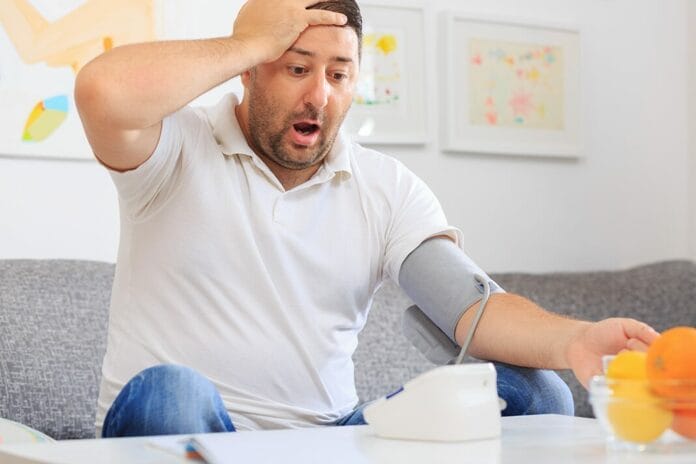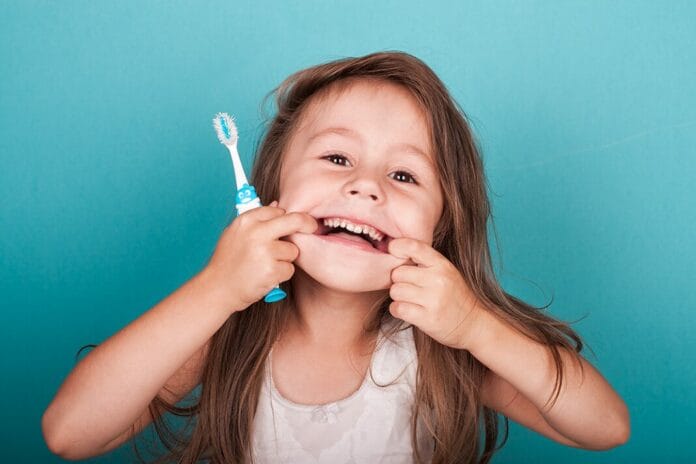Today's RDH
Researchers Evaluate the Effects of Bruxism on Implant Failure and Bone Loss
Bruxism is defined as “the repetitive jaw muscle activity characterized by the clenching or grinding of teeth and/or by bracing or thrusting of the...
Researchers Compare Dentists’ and Hygienists’ Awareness and Clinical Management of Xerostomia
Saliva has several important functions that assist in preventing oral diseases, including lubricating soft tissues, regulating pH levels, clearing food particles, antimicrobial function, and...
Researchers Assess Cost Effectiveness of Supportive Periodontal Care
The importance and effectiveness of supportive periodontal care have been well established. However, disease progression is not uncommon among individuals being treated with supportive...
Systematic Review Summarizes the Evidence on the Association Between Periodontitis and Dental Caries
Periodontitis and dental caries are the most common chronic oral diseases affecting humans worldwide. Though periodontitis and dental caries share some common risk factors...
Research Examines Dental Side Effects of Treatment in Childhood Cancer Survivors
Childhood cancer affects one in 285 children in the United States.1 The 5-year survival rate has improved and currently hovers around 80% in developed...
Research Evaluates CBD as an Alternative Analgesic for Acute Dental Pain
Dental pain is often managed with non-steroidal anti-inflammatory drugs (NSAIDs), acetaminophen, or, in severe cases, opioid medications. There are some limitations to managing dental...
Research Examines the Association Between Severe Malocclusion and Daytime Sleepiness in Children
Sleep disorders, particularly sleep-disordered breathing (SDB), are significant concerns affecting children, with obstructive sleep apnea being a common type. SBD can lead to decreased...
OSAP Announces Exciting Rebranding to Association for Dental Safety (ADS)
May 31, 2024 (ATLANTA) — The Organization for Safety, Asepsis and Prevention (OSAP), the leading organization dedicated to ensuring every dental visit is a...
Chlorhexidine and Diabetes: Effects of Mouthwash on Periodontal Pathogens and HbA1c Levels
Research into the relationship between periodontitis and type 2 diabetes mellitus (T2DM) has identified a bidirectional association. Some studies have found chlorhexidine-containing mouthwash was...
Researchers Identify New Phenotype and Inflammatory Responses Triggered by Oral Biofilm
A study led by researchers from the University of Washington for the first time has comprehensively identified and classified how individuals respond differently to...
Research Shows Association With Social Isolation and Accelerated Tooth Loss in Older Adults
A study conducted by researchers at NYU Rory Meyers College of Nursing has identified a concerning association between social isolation and tooth loss in...
Researchers Look at the Relationship of Molar Emergence and Evolutionary Life History
While permanent molars typically appear at ages six, twelve, and eighteen in humans, chimpanzees attain them at a much earlier age: three, six, and...
Research Examines the Association Between Heartburn Medication and Periodontal Disease Severity
A study conducted at the University at Buffalo has uncovered a potential association between the use of heartburn medication and a reduction in the...
Research Finds Potential Association Between Oral Bacteria and High Blood Pressure
Research published in the Journal of the American Heart Association has identified an association between certain oral bacteria and the development of hypertension among...
Research Reveals an Association Between Primary Teeth Biorhythm and Adolescent Weight Gain
Research led by the University of Kent has identified a fascinating association between a biological rhythm in human primary teeth and weight gain during...
Research Explores How Dietary Choices Affect the Oral Microbiome in Postmenopausal Women
The composition of bacteria in our mouths, collectively known as the oral microbiome, is significantly influenced by the foods we consume regularly. Researchers are...
















